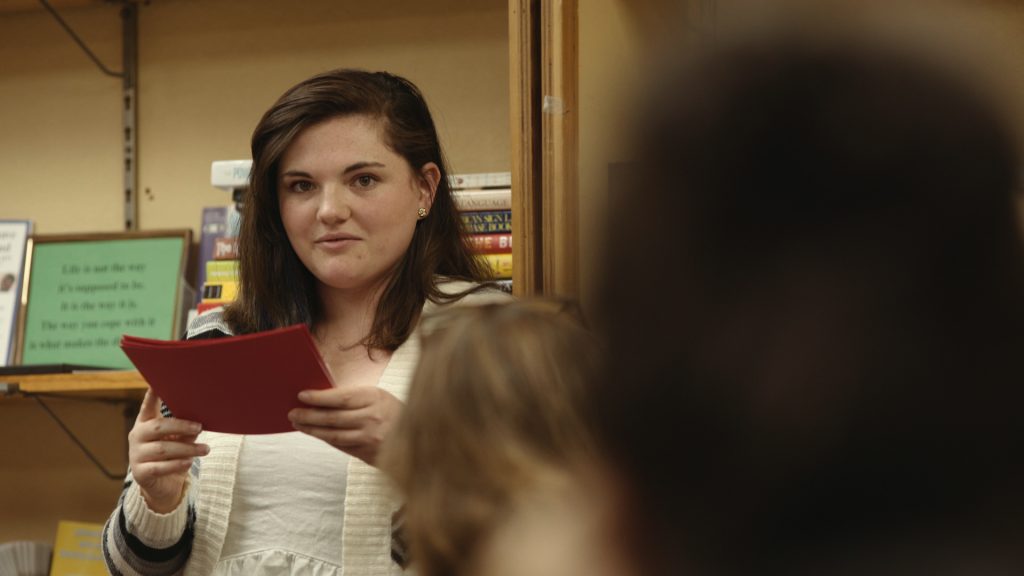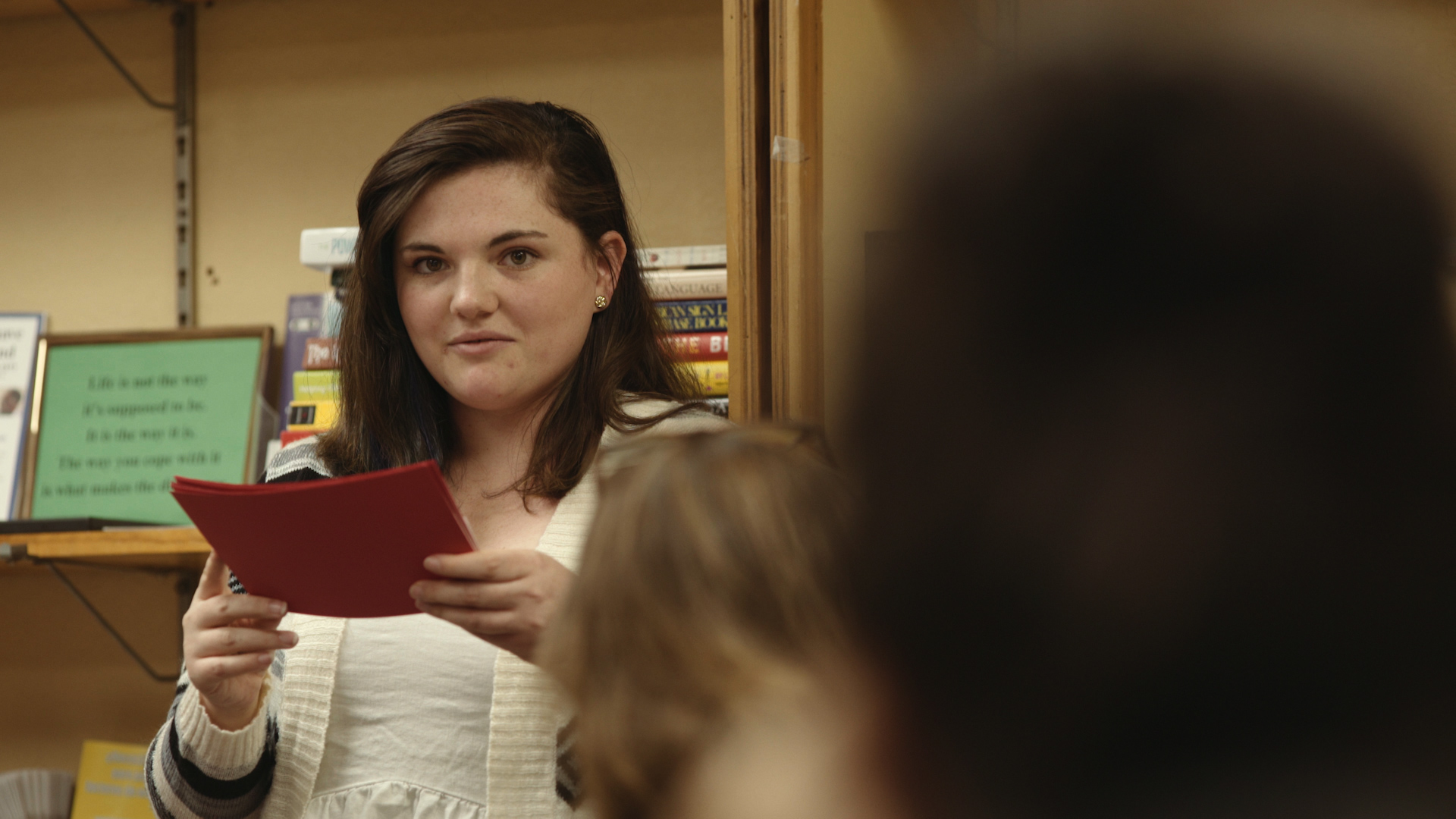
by Allie Quinn (she/her)
In the Fall of 2015, one of my therapists at the Mental Health Association in Ulster County (MHA) suggested I sign up for a TMI Project true storytelling workshop. Even though my interest was piqued, I couldn’t fathom telling my story to strangers. Some of my family and friends didn’t even know the extent of what I had gone through.
Mental illness does not discriminate.
I had vaguely learned about mental illness in psychology classes, but I never imagined that at age 21, days after my junior year of college ended, I would develop a sudden and severe mental illness. In a matter of days, I went from writing 20-page papers to feeling too overwhelmed to read or write; from working 3 part-time jobs to being too paranoid to leave the house without my parents. Within a few weeks, my extreme fight-or-flight responses made driving too dangerous. Over the next several months, I was hospitalized five times, in three different facilities, spending nearly three months total in the hospital. By December, I had gained 30 pounds, withdrew from college, and had accumulated more misdiagnoses and medication changes than I could count. Most of all, I had lost a sense of who I was. I knew I needed to re-evaluate my goals, but I couldn’t find the motivation or hope.
Over the next year and a half, I attended all of my appointments, practiced coping skills, and found stability on the correct combination of medications. I even got my psychiatric service dog, Joey, who helped me gain back my independence. Still, with all of the tools I had gained and the progress I had made, I still felt that a piece of myself was missing. I signed up for a TMI Project true storytelling workshop not knowing if I would have the courage to show up on the first day.
I walked into the MHA conference room and sat toward the end of the table, not wanting to draw attention to the fact that I was terrified. As people began introducing themselves and reading their writing, my anxiety and self-consciousness worsened. I couldn’t help but ask myself what happened to the outgoing, stage-stealing, referee-challenging young woman I used to be. I completed my first session, and even though I didn’t make any groundbreaking revelations, it felt satisfying to hold a pen and feel my words flow onto the page.
As the weeks went on, I arrived feeling excited and increasingly more comfortable telling the “TMI” parts of my story. Each time I wrote, I felt a familiar fire inside that I so desperately wanted to return. On week 8, each group member received their finalized monologues from the TMI Project facilitators. When I first read the monologue out loud I experienced an overwhelming feeling of relief and self-empowerment. I stopped and said, “This is how I’ve always wanted to tell my story.” Taking ownership of my struggles and strength was exhilarating. When it came time to read my monologue in front of family, friends, my therapy team, and strangers, I felt strong and confident. I realized that sharing my story and my experience with mental illness could help others who are dealing with mental health issues.
In January of 2016, I started my own blog, and the TMI Project facilitators asked if I’d share my story at other venues. I wrote pieces about mental health and my own illness for The Mighty, MTV, and as a contributor in the book Project Semicolon: Your Story Isn’t Over. That October, I received the Next Generation Award from the YWCA Ulster County for writing and speaking about mental illness. The next month, I applied to SUNY Empire State College to study Community and Human Services. Returning to college had been a goal of mine, but I didn’t know if I would ever be ready. My participation in the TMI Project true storytelling workshop and the culminating live storytelling performance gave me the confidence I needed to reach my goals.
In December 2018, I earned my Bachelors degree and was prepared to use both my education and personal experiences to help my community. I applied to MHA, remembering their deep commitment to me and others battling mental illness. I was hired in February as a Wellness Resource Coordinator, a dream job for me.
The next TMI Project storytelling workshop session at MHA was drawing near.
As the next TMI Project storytelling workshop at MHA session was drawing near, I asked to be the MHA staff member to sit with the new participants as they wrote their stories and found their strength. Walking into the room on the first day of the session induced a flood of emotions. I was excited for the new writers, nostalgic as I thought about the people who had been in my group, and so grateful for the personal and emotional growth that had occurred for me in that same room. Before participating in my TMI Project workshop, I resented my illness and mourned the young woman I “used to be.” After TMI Project, I embraced my struggles and took pride in my story. I realized I’m never going to be the person I was before mental illness and that’s for the better. I’m so much stronger now.

